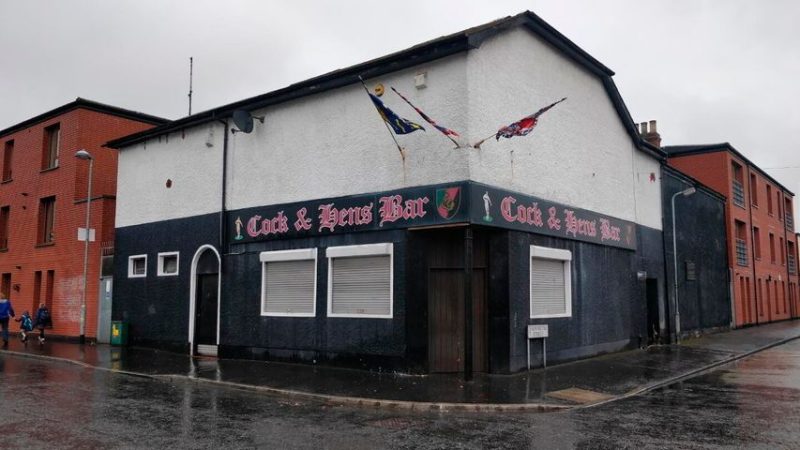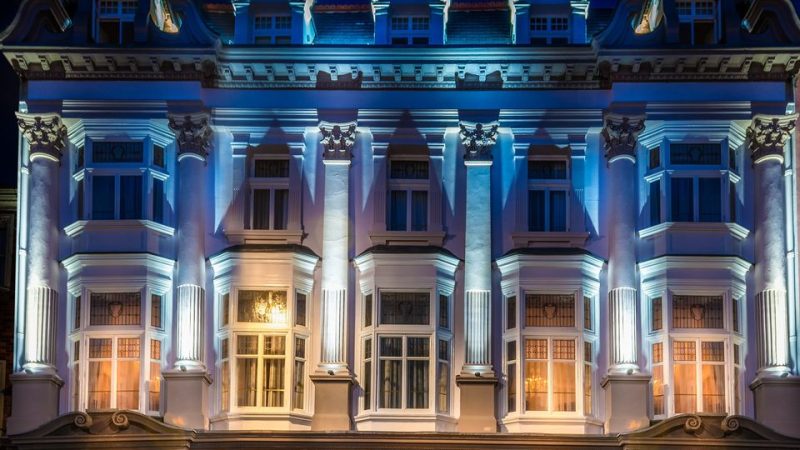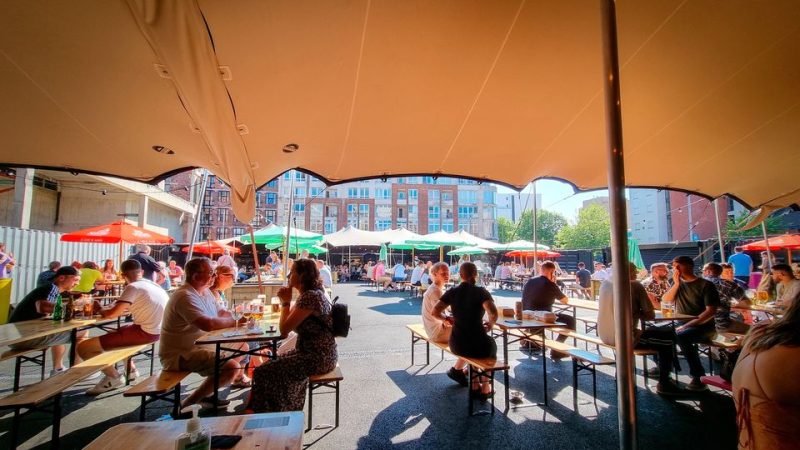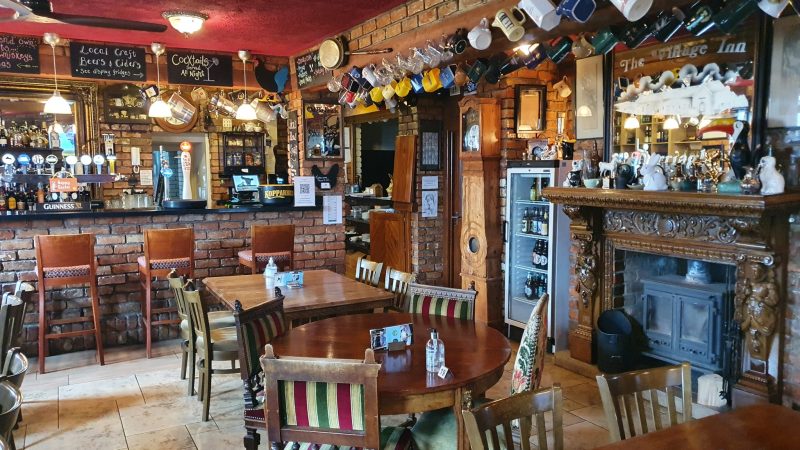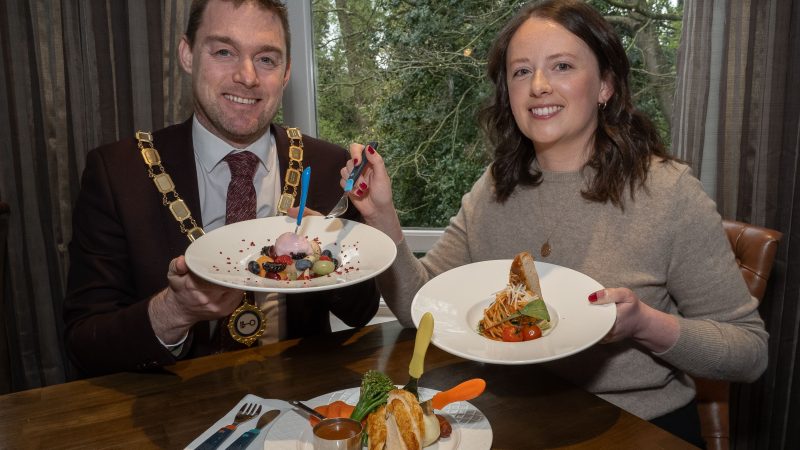Hospitality boost as weak pound lifts business

The Brexit vote and a weakening of the pound is helping reverse the fortunes of hospitality businesses in Northern Ireland.
For some time, exchange rates and the glaring differential in VAT levels between the two jurisdictions has meant lean times for pubs and hotels in Northern Ireland, particularly those located in close proximity to the border itself. Often, important function business such as weddings and christenings has been booked at venues in the Republic where costs could be up to one-third lower.
Now, however, traders in the north seem to be recouping their losses. Speaking to LCN this week, Mike Gatt, GM at the Maldron hotel in Derry/Londonderry, confirmed that his venue has seen a definite uplift in business from the Republic:
“There are a lot more white number plates [RoI vehicles] in the car park now than there were and we’re certainly seeing increased footfall,” he reports.
“We’re now seeing groups of people coming to us that simply wouldn’t have come here before, such as hen parties from as far away as Sligo,” adds Mike. “Now, they are seeing the value in making the trip because of the exchange rate.”
And while Mike hasn’t factored the uplift from this new business into his financial plans for next year just yet, he says he’s very confident that they’ll see the surge in trade continue at least in the short term.
The lift is also being felt in Belfast where most of Northern Ireland’s tourist trade is centred. Bill Wolsey, whose hospitality portfolio includes the exclusive Merchant Hotel in the city centre and the new Belfast Bullitt, says that business previously lost to the Republic has been won back – and more besides.
He feels that the euro could continue to rise against the pound, perhaps by another couple of cents, but he does point to one less favourable side effect of the weakened pound:
“The downside, of course, is the high price of food and drink. Costs are rising as a result of the weakened pound and that has to be passed on to the consumer,” he says. “We couldn’t possibly absorb that level of increased.”
For Colin Neill, the hike in business is a welcome positive and not just for border traders:
“In and around Belfast, on the hotel side of things, we’re told that many people six to eight weeks in advance. Now that’s starting to come through and the trade is benefiting,” he tells LCN. “On the food and beverage side, Belfast does most of our tourism, like it or not, and they’ve seen a huge uplift lately. Part of that is coming from the weakened pound.”
Colin says that the new exchange rates are helping to offset the ill-effects of factors such as the VAT rate differential, which have impacted negatively on hospitality trade along the northern side of the border for years:
“The thing is that they’re no longer losing trade,” he remarks. “Before this, they were losing wedding and function business over the border where it was cheaper. That business has now come back and that’s important, because you need that local, indigenous trade to survive, you can’t base your whole future on the business you get from tourists.”
And Janice Gault of the NI Hotels Federation also confirmed that trade for her members has been brisk. She pointed out recently that hotel occupancy rates in Belfast had been around 90 per cent and said that she expected this to continue right up to Christmas.


